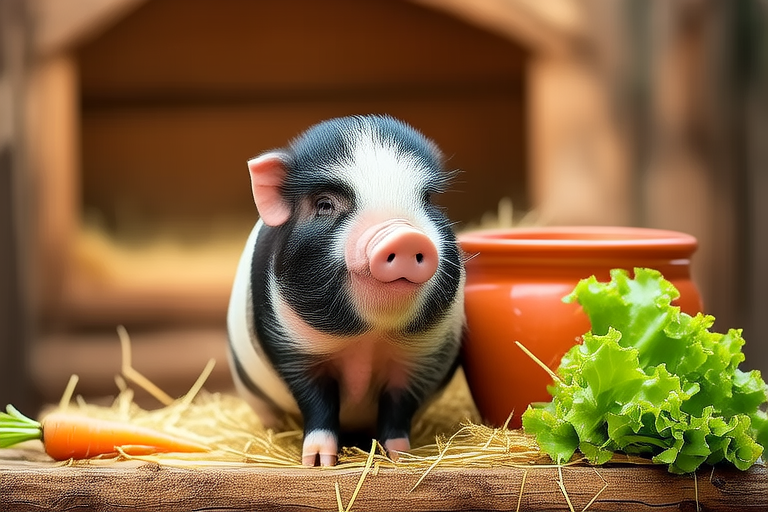Guinea Pig Care Simplified: What Every First-Time Owner Needs to Know
Welcome to the wonderful world of guinea pig ownership! These charming rodents have become increasingly popular pets due to their friendly nature and relatively low maintenance compared to other small animals. However, they do have specific needs that must be met to ensure their happiness and well-being. This guide will walk you through everything a first-time owner needs to know about caring for your new furry friend.
Housing Requirements
The first step in providing proper care for your guinea pig is ensuring they have adequate living space. Guinea pigs need plenty of room to move around and explore, so choose a cage that’s at least 7.5 square feet for one or two guinea pigs. The cage should also be tall enough for them to stand up fully. Line the bottom of the cage with soft bedding like fleece or paper-based products, and provide hiding spots and tunnels for enrichment. Regular cleaning is crucial to prevent odor and illness.
Dietary Needs
A balanced diet is vital for your guinea pig’s health. The cornerstone of their diet is hay, which should always be available as it aids digestion and keeps their constantly growing teeth in check. Fresh vegetables are another important part of their diet; however, introduce new foods gradually to avoid digestive upset. Leafy greens like romaine lettuce, spinach, and kale are excellent choices. Pellets formulated specifically for guinea pigs should make up about 1/8th of their daily intake. Always provide fresh, clean water in a sipper bottle to ensure they stay hydrated.
Grooming Basics
Regular grooming helps keep your guinea pig looking and feeling great. Brush their coat regularly, especially if they have long hair, to remove loose fur and prevent mats. Trim their nails when necessary to prevent overgrowth, which can cause discomfort or injury. Check their teeth periodically; while guinea pigs’ teeth grow continuously, any signs of overgrowth or misalignment should be addressed by a veterinarian promptly.
Socialization Aspects
Guinea pigs are social creatures and thrive on interaction. Providing companionship is essential for their mental and emotional health. If possible, adopt a pair of guinea pigs from the same litter or those that already know each other. Introducing new guinea pigs requires patience and careful supervision to ensure compatibility. Spend time handling your guinea pigs gently every day to build trust and strengthen your bond.
Handling and Signs of Health
When handling your guinea pig, always support their body and lift them carefully to avoid causing stress or injury. Familiarize yourself with normal behavior and physical characteristics so you can quickly identify signs of illness. A healthy guinea pig should have clear eyes, ears, and nose, be active, and have a glossy coat. Monitor their appetite and bathroom habits daily, as changes could indicate underlying health issues.
Veterinary Care and Common Health Issues
Regular visits to a vet who specializes in exotic animals are essential for maintaining your guinea pig’s health. Schedule annual check-ups even if your pet seems healthy. Vaccinations are not required for guinea pigs, but dental checks are recommended since dental problems are common. Watch out for symptoms such as lethargy, loss of appetite, diarrhea, or labored breathing, which may indicate more serious conditions like respiratory infections or bumblefoot. Early intervention can often prevent these issues from becoming severe.
In conclusion, owning a guinea pig can be incredibly rewarding when provided with the right care and attention. By understanding and meeting their unique needs regarding housing, diet, grooming, socialization, handling, and veterinary care, you set the foundation for a long-lasting, joyful relationship with your pet. With this knowledge, you’re ready to embark on this delightful journey of guinea pig ownership.
